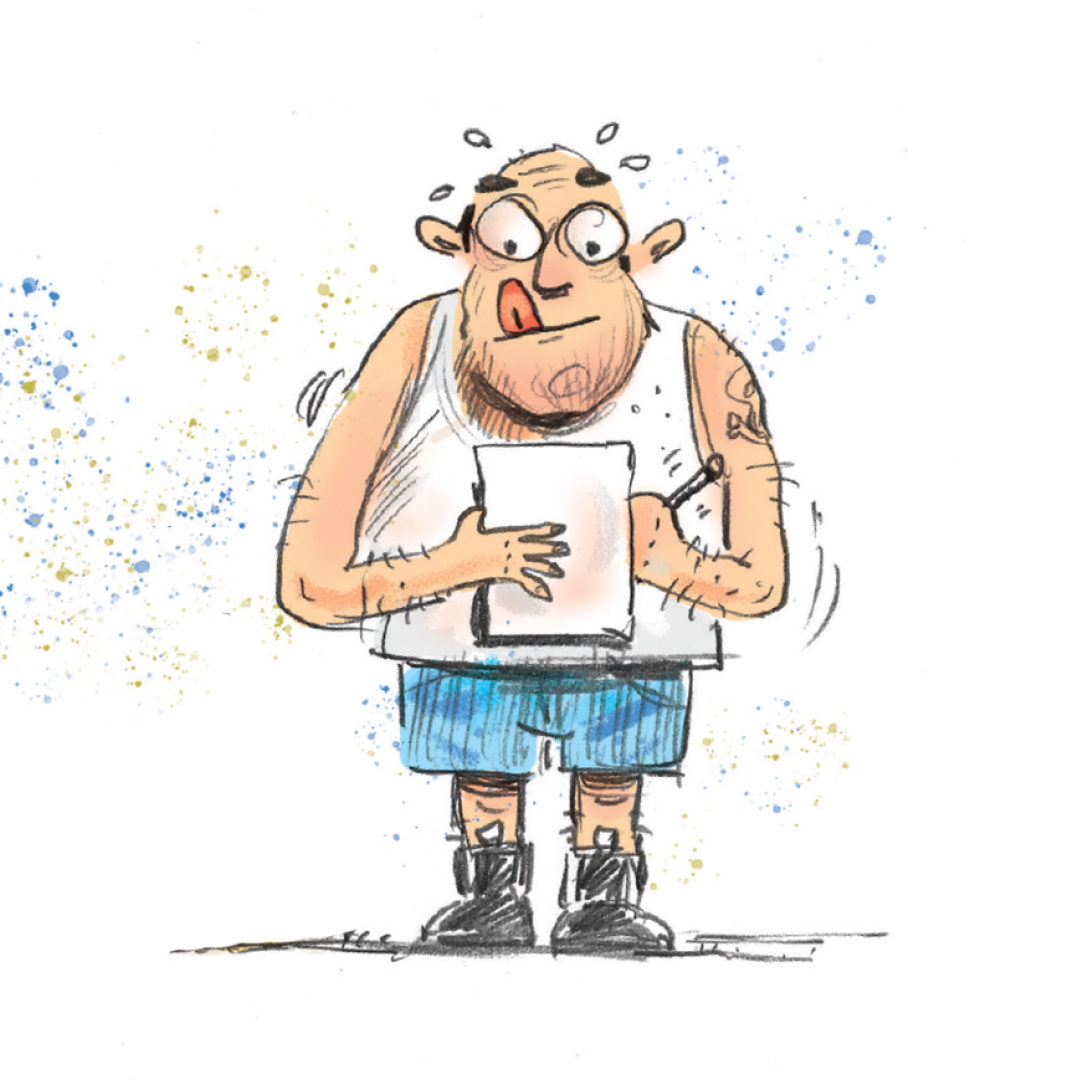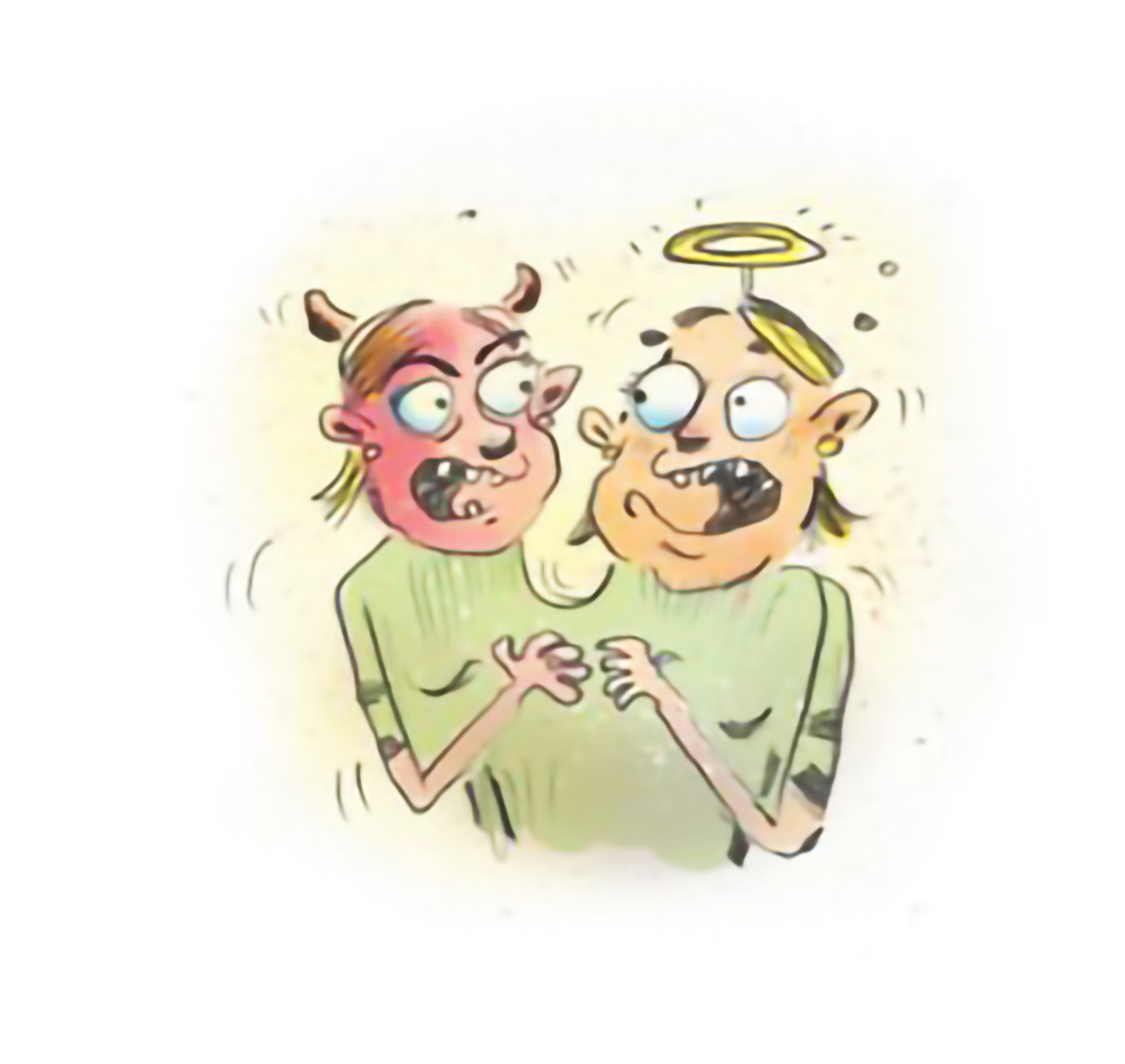There is absolutely no doubt that bullying is unacceptable and should be stamped out. However, the culture of bullying is endemic in some organisations and it may not be realistic to prevent it as the behaviour of many people is entrenched, justified by blaming the victim or dismissing their behaviour as just being a “joke “and that the complainant is being “over sensitive”.
I have a saying that ownership is everything, that you can control yourself but not anyone else. Sadly, I think that we’ve got it the wrong way around with the goal to prevent bullying, (admirable but unrealistic) rather than equipping and teaching potential victims from school-age to adults, how to become more resilient and develop psychological, coping skills, akin to becoming a psychological Martial arts exponent.
You can’t get hurt if you don’t get hit. Learning to visualise the bully trying to attack you from the other side of the room, behind a substantial barrier or boundary has helped many of my patients cope, by maintaining a safe emotional distance, metaphorically and practically can keep an individual safe.
A best friend’s accusation that you stole $1 would be a serious attack on you and undermine your relationship as is based on trust. They are emotionally close and can hurt you because your care about their opinions, hence their place in your life must be earned. Yet if a drunkard called a policeman a “pig” and made references to their mother having an unhealthy relationship with an animal, it would bounce off their boundaries.
These are the metaphorical examples that I use to teach people the keystone principles of good mental health and how to deal with a bully and protect themselves. The catchcry is “care less about people who care less about you”. If you are “out of reach”, safe, and protected by a substantial boundary you can’t be hurt. Moreover, you could visualise the bully furiously punching the air, exhausting themselves whilst the psychological martial artist, ducks, weaves, and avoids being hit.
Being proactive, practicing self-preservation, and putting the oxygen mask on yourself first, like the mother before her baby on the plane, is the first step in developing resilience. Seeing it as your responsibility to keep yourself healthy and safe puts the ball in your court, rather than the bully on the front foot. Indeed, the victim feels powerless to stop the attacker, but realising you have got control of how you react is empowering. Just as running away from an angry dog triggers their chase and aggressive response, reacting emotionally to the bully serves as a reward and increases their bullying behaviour.
Imagining that you can place everyone in your life on a spiral – safe people in the middle and, dangerous people on the outside is an effective way to reframe your experience and feel empowered. Superimposed upon the spiral are your defensive boundaries, a simple line in the sand in the middle separating you from a partner, a picket fence from a good friend, however on the outer turns a double brick wall fortified with razor wire, can be visualised to protect you from the bully.
No man is an island and everyone needs a spare tyre of support so having people whom you trust, care for, and can share, unload and express your upset too, is a critical factor in being able to cope. As they say, a problem shared is a problem halved. If you get things “off your chest” to someone who “catches” your upset, you will feel better. This type of support is far more important than a carefully worded apology, or limp platitude, from the perpetrator who hasn’t learned his lesson, but is “playing the game “and if anything, irritated because they got caught out.
You can see that whilst most people focus on what is said, why, and the unfairness of it and try to get support and have the perpetrator/s punished if not stop it. More too often it doesn’t happen or it’s just not possible. If a situation is impossible your first step is to STOP. Stop trying to find a solution that doesn’t exist. If there isn’t a solution, there is a strategy. It may be a coping strategy such as learning the keystone principles of good mental health and becoming more resilient. Or it may be an exit strategy. Despite the fact you may be the victim and have been wronged, you’d be better advised to “jump the ship” and find another job, away from the bully and the system or individuals, unable or unwilling to stop it.
A tactical retreat is not a defeat. If bullying is repeatedly occurring in the workplace, regroup and reassess your priorities. When making major changes it is always wise to consider the path of least resistance. Sometimes the smart thing to do is stay on the ship long enough to make sensible plans rather than flinging yourself into potentially shark-infested waters. Remember the old maxim: Look before you leap. Think about the effort and hassle of finding another job. Weigh up the benefits against the costs and disadvantages when making your decision. If you then decide to stay, own your choice. If you decide to leave, imagine you are “out of there”, and that toxic scenarios are not relevant to you. After all, you are on your way out. It’s not a question of if but when you jump. If, on the other hand, you decide to stay it’s imperative you bolster your defenses and learn the subtleties of how to be a psychological martial art.
Sooner or later we are all challenged by critical times when our ability to cope is seriously challenged. Dark, overwhelming crises when we feel anxious, fearful, and, worst of all, powerless in the face of fate and circumstance. Our level of preparation and how we choose to respond has serious, far-reaching consequences. Crisis, anxiety, and depression are interconnected. That’s why crisis can have such a devastating long-lasting impact on your mental health. A crisis can be defined as a sudden, unexpected event or situation that poses a threat to your physical or emotional well-being. Events that trigger feelings of anxiety which, more often than not, lead to depression and to the many more serious consequences that go with it. In short: Adequate preparation and effective crisis management play a pivotal role in avoiding mental illness.
Psychological problems seldom occur in isolation. Crisis leads to anxiety. Anxiety leads to depression. Depression often leads to self-medication which can, in turn, spiral ever-downwards toward addiction. What’s more, crises come in many different guises. Big and small. Single or in terrible, simultaneous combination and coalition. These catastrophes often seem to arrive when we are at our most exposed and vulnerable. No two of us will react in exactly the same way. Some will be overwhelmed and decompensate, others will rise above adversity to emerge stronger and more resilient than ever. No matter how strong and psychologically resilient you think you are, rest assured, there is a specific tailor-made combination of calamities, a proverbial perfect storm, capable of bringing you to your knees. Especially if you find yourself facing it without a plan.
A crisis creates a tipping point. An undertow into a rip of treacherous circumstances that can sweep you beyond the metaphorical point of no return. Anxiety is a natural response. But left unmanaged, this anxiety can become chronic, leading to feelings of helplessness and hopelessness by which time you are already on what I call the “merry go-down”. A seemingly inescapable vortex of depression that sucks you down into the danger of developing far more serious mental illness.
My advice, hard-won over more than thirty years as a hands-on clinician, can be distilled down to two words. The old boy scouts’ motto: Be prepared!
The best strategies and solutions are created in peacetime as opposed to in the heart, heat, and chaos of battle. When a crisis comes, try to stay calm. Especially in the face of circumstances that you cannot control. Your anxiety doesn’t change anything. Prepare to meet crises with a healthy mind and body. If you wait until a disaster arrives it may be too late. The much-touted saying prevention is better than cure is never quite true as it is in the context of your mental health. By establishing healthy physical and psychological routines you will build resilience and reduce the likelihood of a breakdown.
The connection between crisis, anxiety, and depression is well established. Recognizing the signs and symptoms of these conditions and seeking appropriate help can help you manage your mental health and improve your psychological well-being. If you’d like to armour your mind against the crisis in advance or, even if you are besieged and already in the midst of a crisis, you’ll find our latest MindMovie “Holding the Fort” a metaphorical treasure trove of wisdom, advice, and patient-proven coping strategies. It is the metaphorical story of the siege of a medieval castle. The walls, ramparts, and parapets symbolise the boundaries you set to protect you and yours. The stores of freshwater and healthy food are a metaphor for the nest egg you should set aside to meet the demands of that proverbial and, some would say inevitable, rainy day. Rescuing reinforcements is an analogue for the friends and family that can come to your aid. These are just a few of the time-tested gems of metaphorical wisdom embedded in a ripsnorter of a story presented in a highly polished biaural surround-sound production. Before you are ambushed by the crisis, have a listen to the trailer here: https://metaphoricaltherapy.com/themes/holding_the_fort/
About the author

Dr. Mark Whittington and Gaby Bush
Dr. Mark Whittington is a graduate of the distinguished Otago Medical School, and has more than 30 years’ experience working at the clinical coalface as a Consultant Psychiatrist.
Gaby Bush is a creative director, writer ,ex-patient, corporate refugee, and survivor of severe PTSD. Gaby is living proof of how well the Metaphorical Therapy System works in the real world.
News & Articles
Related Articles
Over-prescription, a widespread issue in the healthcare industry, refers to the excessive use of medications by healthcare providers. This practice not only leads to unnecessary costs but also poses serious risks to patients’ health.
Cognitive Distortions are irrational thoughts and perceptions that influence our emotions. We all experience cognitive distortions at some time or another and, while this is perfectly normal, in their more extreme forms these distortions can be extremely harmful. Here is a quick overview of common forms of cognitive distortion viewed through the revealing lens of visual metaphor.
People invest a lot of emotion in holding on to their beliefs. And they have a tendency to defend those beliefs very fiercely indeed. Sadly, the first casualties in a confrontation are all too often facts and logic. In fact, they frequently become quite irrelevant. When someone wishes to impress upon you the righteousness of their opinion; passion and volume are often their first weapons of choice.



